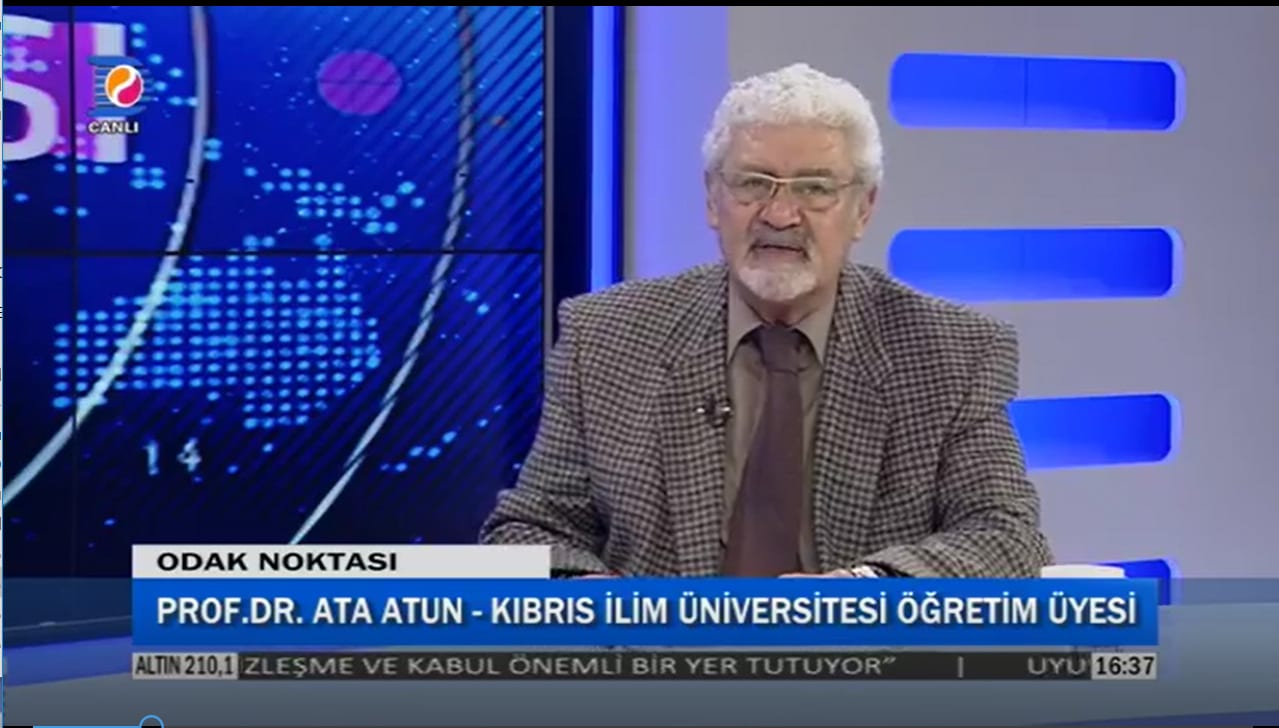The conflict in Cyprus has been ongoing for the past 57 years, since 1955 when the Greek Cypriot terrorist organization EOKA was established.
Yet still there seems to be no sign of a settlement and no hope for one as well. Cyprus became part of the Ottoman Empire in 1571 and more than 300 years later, it was leased to Britain by Turkey with the agreement that Cyprus was to be returned to Turkey when Britain no longer wanted it. Britain ruled Cyprus as a protectorate until 1914, when Turkey sided with Germany in the Great War. Britain then annexed Cyprus and assumed sovereignty, ruling it as a colony until 1960 when it became an independent republic.
Although Cyprus has historically never been part of any Greek state, the population of Cyprus was changed dramatically by the British as from 1905 once Cyprus became a Crown Colony. The British began to allow Greeks to settle in Cyprus and communities were set up in Greece to encourage people to move to the island of Cyprus. Greek Cypriots became a majority on the island of Cyprus and remain so today.
Around mid 1950s Britain decided to hand sovereignty over to the inhabitants of the island. Her decision was to transfer sovereignty jointly to the Turkish and Greek Cypriot peoples, for the “creation of an independent, partnership state in Cyprus.”
It was on this basis that the constitution of 1960 was negotiated and the Treaties of Guarantee, Alliance and Establishment were finalized. It was at this point that the Republic of Cyprus came into being as an independent partnership state.
The agreements that were made were based on equality and partnership between the two people in the independence and sovereignty of the island. The 1960 constitution required joint presence and effective participation on both sides in all organs of the state to be legitimate.
Neither community had the right to rule other the other, nor could one of the communities claim to govern the other. The aim of the basic articles of both the constitution and the subsequent treaties was to safeguard the rights of the two peoples as equals.
It was hoped that the two peoples of the island and their new partners would be able to live peacefully together under this new political partnership. It soon became obvious that this was not going to be possible.
It became clear that the Greek Cypriots and Greece did not intend to abide by the constitution. They did not give up their ambition for the annexation of the island to Greece, and the Greek Cypriot leadership sought to unlawfully bring around constitutional changes. In effect, this would negate the “partnership” status of the Turkish Cypriots and clear the way for annexation with a Turkish minority. The only way that the Greek Cypriots could achieve their aims was to destroy the legitimate order, by the use of force, and to overtake the joint-state. The rule of law collapsed on the island in 1963 as a result of a ruling by the Supreme Constitutional Court of Cyprus.
The Turkish Cypriots took the Greek Cypriots to court because the Greek Cypriots refused to obey the mandatory provision of separate municipalities for the two communities. The court ruled against the Greek Cypriots, and as expected they ignored the courts’ ruling.
After this the Greeks tried to get eight basic articles of the 1960 Agreement abolished. These articles were there to protect the Turkish Cypriots, and so by removing them the Turkish Cypriots would be reduced to a minority subject to control by the Greek Cypriots. Christmas 1963 saw Greek Cypriot militia attack Turkish Cypriot communities across the island killing many men, women and children. Around 270 mosques, shrines and other places of worship were desecrated. The constitution became unworkable, because of the refusal on the part of the Greek Cypriots to fulfill the obligations to which they had agreed. The bi-national republic which was imagined by the Treaties ceased to exist after December 1963. The Greek Cypriot wing of the “partnership” State took over the title of the “Government of Cyprus” and the Turkish Cypriots, who had never accepted the seizure of power, set up a Turkish administration to run their own affairs.
In the end, the Greek Cypriot state was internationally recognized under the title of the “Government of Cyprus,” was brought into the EU, and the Turkish Cypriots were forced in 1985 to unilaterally declare their own administration under the name of the “Turkish Republic of Northern Cyprus,” which still is not recognized.
The two main peoples on Cyprus, the Turks and the Greeks, share no common language besides English, no common religion and no common literature, nor do they, except on the surface, share any common culture, from the past until the present. A “United Cyprus” or a “United Federal Republic of Cyprus” is a utopian idea that has no hope of realization.
Ata ATUN
August 9, 2012







